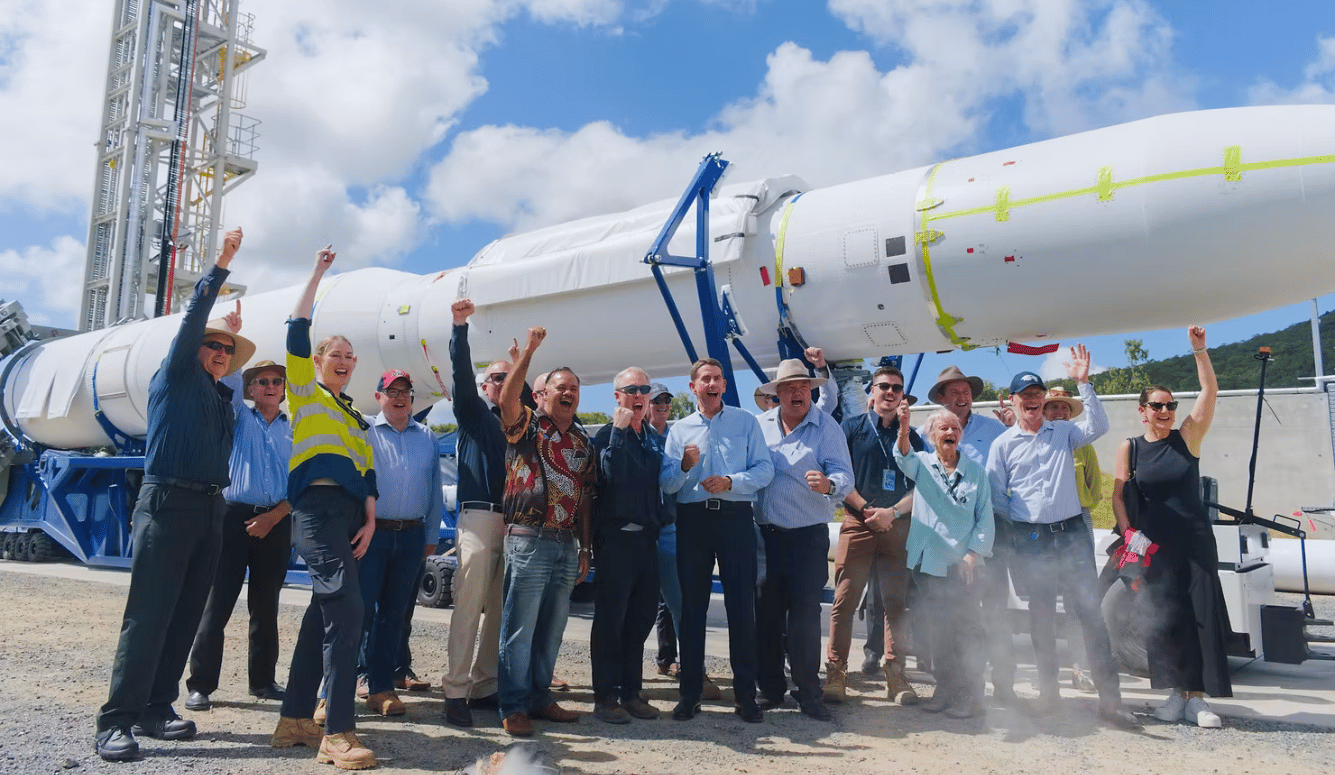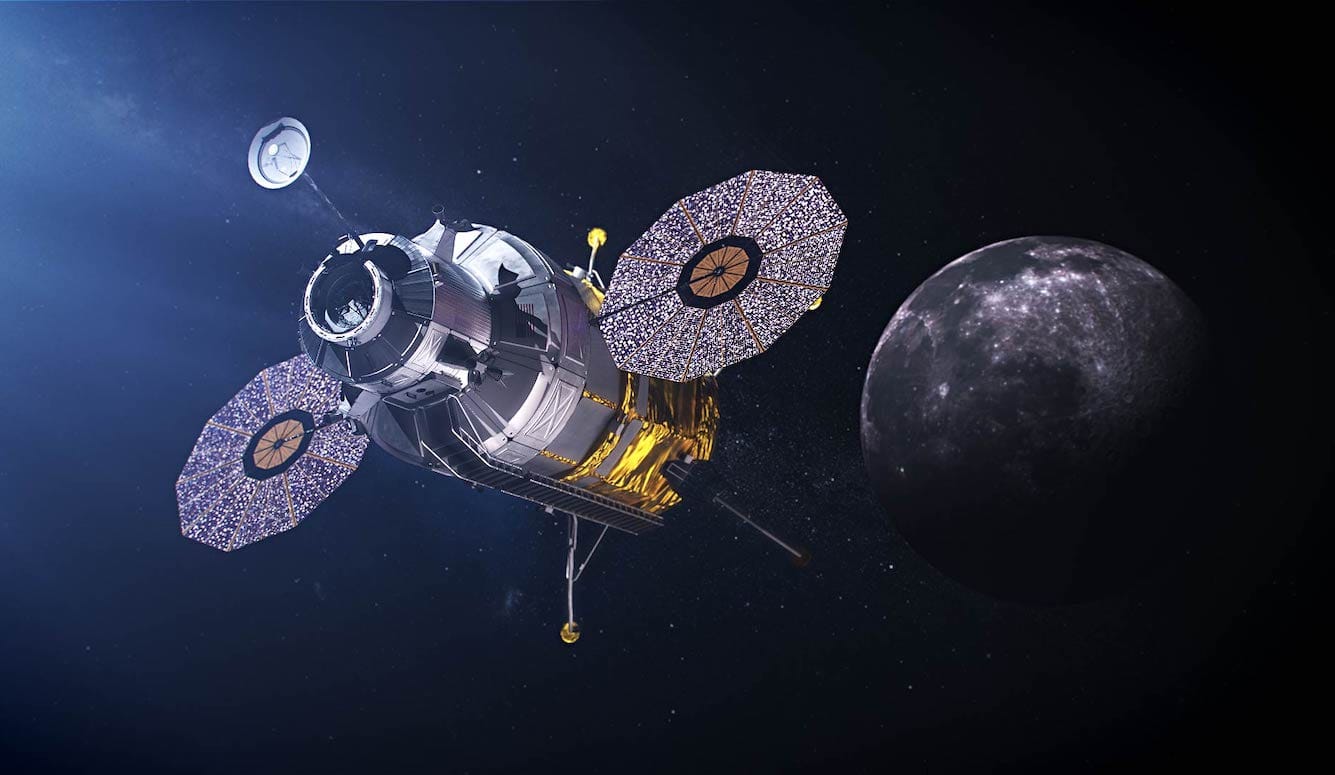Space
Space for Australians
New political and technological developments have eased Australia’s path to becoming a major partner for America’s commercial space industry. We should seize the chance.

From 29 September–3 October 2025, Sydney will host the world’s biggest space conference, the International Astronautical Congress (IAC). This is more than a photo-op for Australian Space Agency (ASA) officials and their counterparts at NASA; it’s a chance for Australia to position itself as a critical partner in the emerging space economy. Even as America appears ever more insular, it continues to share an unprecedented level of high-security technology with its closest allies, Australia and the UK, through the AUKUS partnership.
While the AUKUS security pact is best known for helping Australia acquire nuclear-powered submarines—and the diplomatic rupture it caused with France when we cancelled our diesel-electric submarine contract with them—its real significance lies in opening the door to broader sharing of sensitive technologies. If Australia’s civilian space sector is savvy, they’ll seize the opportunity afforded by AUKUS to extend our collaboration beyond nuclear submarines into commercial rockets and satellites.
Space is no longer the preserve of big governments and scientific missions. Satellites now underpin huge parts of the global economy, from the provision of fast internet anywhere in the world, to logistics and supply-chain tracking, climate forecasting, and precision agriculture. Rising demand for these applications has helped drive rocket launch costs down dramatically. Sending payload on one of SpaceX’s Falcon Heavy rockets now costs around $1,500/kg, down more than seventy percent from NASA’s most economical Apollo-era rocket, the Saturn V. In the process, the broader space industry has grown to US$630 billion and McKinsey has estimated that the sector will be worth $1.8 trillion by 2035.
And under President Donald Trump, space is getting even more funding and attention. In his 2024 inauguration address, he went as far as to say that Mars is America’s manifest destiny. To be fair, he says a lot of stuff. And he’s probably less focused on rockets now after his falling-out with Elon Musk. Nevertheless, it’s hard to ignore the increasing importance of the space industry for our future.

Australia’s civil space sector is growing rapidly, admittedly from a low base. Cheaper launch costs have opened the door for smaller players like us to access space. Still, regulatory restrictions, especially those tied to American export and technology control laws like the International Traffic in Arms Regulations (ITAR) remain a major handbrake for space start-ups around the world.






